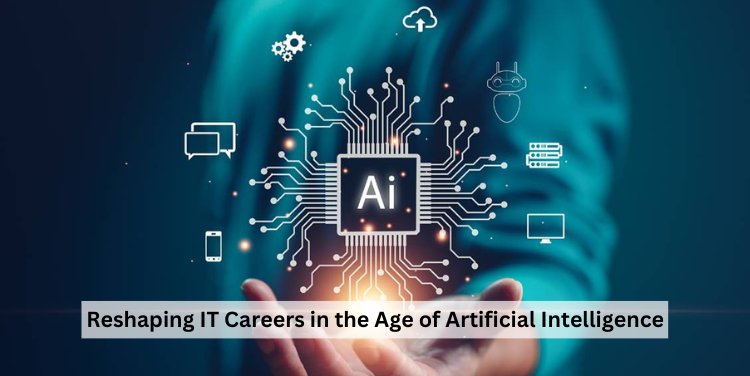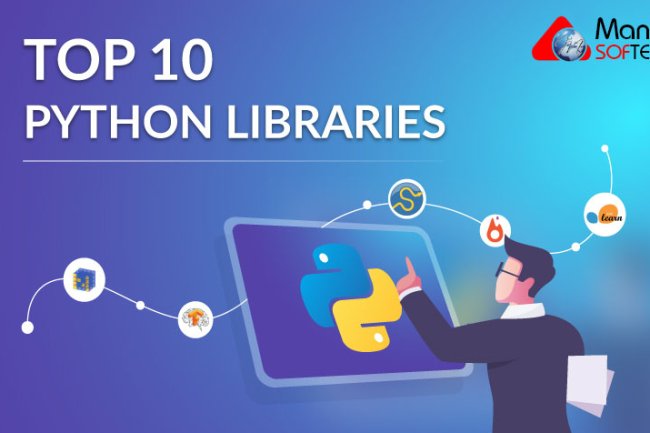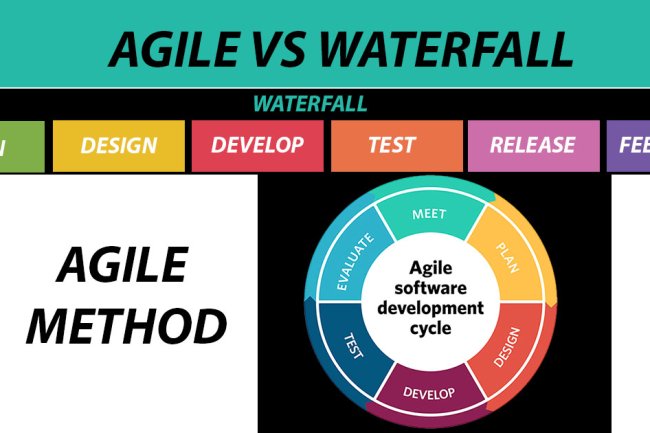Reshaping IT Careers in the Age of Artificial Intelligence

The rapid advancement of Artificial Intelligence (AI) is reshaping industries across the globe, and the IT sector is no exception. As AI technologies become increasingly sophisticated, the landscape of IT jobs is undergoing a significant transformation. This blog explores the multifaceted impact of AI on IT jobs, delving into both the challenges and opportunities that professionals in the field may encounter.
- Automation and Job Displacement:
One of the primary effects of AI on IT jobs is automation. Routine and repetitive tasks that were traditionally performed by humans are now being taken over by intelligent machines. While this automation can enhance efficiency and reduce operational costs, it also raises concerns about job displacement. Roles such as data entry, basic programming, and system monitoring are becoming more automated, leading to a shift in the skillsets demanded by the industry.
- Emergence of New Job Roles:
As AI continues to evolve, it is creating new job opportunities within the IT sector. Roles such as AI trainers, ethicists, and AI solution architects are becoming increasingly important. AI systems require human expertise for development, training, and ethical oversight. Professionals with the ability to design, implement, and ensure the ethical use of AI technologies are in high demand.
- Enhanced Productivity and Collaboration:
AI is not just about replacing jobs; it's also about augmenting human capabilities. IT professionals can leverage AI tools to enhance their productivity and collaboration. Advanced analytics, machine learning algorithms, and natural language processing can assist in data analysis, decision-making, and problem-solving. This collaborative partnership between humans and AI can lead to more innovative solutions and improved overall efficiency.
- Continuous Learning and Skill Evolution:
The dynamic nature of AI necessitates continuous learning and skill evolution within the IT workforce. Professionals must adapt to the changing technological landscape by acquiring new skills such as machine learning, deep learning, and natural language processing. The ability to embrace and leverage AI technologies will be a crucial factor in remaining relevant in the evolving IT job market.
- Impact on IT Governance and Security:
With the increasing integration of AI into IT systems, there is a growing need for experts in IT governance and security. As AI applications handle sensitive data and make critical decisions, ensuring ethical practices, data privacy, and security becomes paramount. IT professionals specializing in cybersecurity and governance will play a crucial role in maintaining the integrity and trustworthiness of AI systems.
The impact of AI on IT jobs is multifaceted, encompassing both challenges and opportunities. While automation may lead to the displacement of some traditional roles, it also paves the way for the emergence of new, more specialized positions. The collaboration between humans and AI technologies has the potential to revolutionize the IT sector, driving innovation and efficiency.
As professionals in the IT industry, it is crucial to embrace the transformative power of AI, continuously update skills, and adopt a proactive approach to the evolving job market. By doing so, individuals can navigate the changing landscape, contribute to the development of ethical AI solutions, and position themselves for success in the AI-driven future of IT.
What's Your Reaction?















